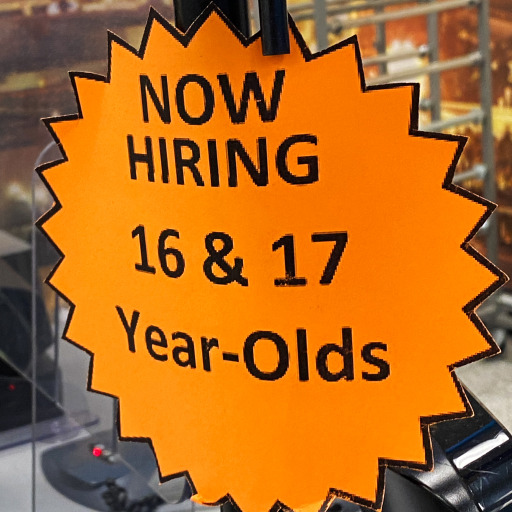


From corn chips to car parts, US reliance on child labor is coming to light
Passed in 1938, the Fair Labor and Standards Act sought to ban or severely limit child labor throughout the US. But a flurry of chilling reportage in recent weeks has exposed the scourge of child labor to be a present and growing reality. The number of minors employed in violation of the Act rose 37 percent in 2022 alone, according to the Labor Department. In the past decade, it has risen 140 percent.
It should come as no surprise that in a tightening labor market, US companies disinclined to compete for workers with higher wages and increased benefits have resorted to recruiting the world’s most vulnerable people to perform some of society’s most degrading jobs.
In July of 2022, migrant children as young as 12 were found foregoing school, instead working full-time at an Alabama plant that manufactures parts for Hyundai Motor Co. OSHA inspections at the same plant had previously documented serious safety violations, including crush and amputation hazards.
A separate investigation last month revealed more than 100 minors, some as young as 13, had been hired to clean meatpacking facilities at night. These facilities are operated by some of the country’s largest meat producers, viz. JBS Foods, Cargill and Tyson. Ultimately, Packers Sanitation Services took the fall and the company was fined $1.5 million for its misdeeds.
The current maximum penalty for a violation of child labor laws is just $15,138 – a light slap on the wrist for the giant corporations driving this exploitation. The Labor Department has admitted there is little to deter large firms from illegally employing children, and has asked Congress to impose harsher consequences. But our government has been decidedly more amenable to powerful corporate lobbyists than the child and labor advocates who are fighting back.
As New Republic’s Jeremy Noah warned in a Feb 28 article, “A wholesale reordering of how corporations are regulated, including new legislation, will likely be necessary to assign real accountability for how the workers who make brand-name products get treated.” Those who circumvent child labor laws rely on a perverse web of plausible deniability. Hyundai Motor Co, Frito-Lay and General Mills, all three of which were implicated in the reports, invariably feign indignation and claim innocence by blaming subcontractors who in turn do the same, denouncing some small, obscure staffing agency that hired the laborers. Keen to cut labor costs by any means necessary, these companies prefer children who are poor, undocumented migrants and will work harder, for less.
One Dickensian solution being entertained by several state legislatures to solve the growing problem of child labor is simply to legalize it. Lawmakers in Iowa, Wisconsin, and New Hampshire have proposed legislation that would ease restrictions on employment of children as young as 14. In Iowa, these bills have met stiff resistance from labor unions. About 75 union representatives filled the state capitol in late February, chanting, “our kids are not for sale!”
“We don’t need more kids working in factories and packing plants,” said Jesse Case, Secretary-Treasurer and Principal Officer of Teamsters Local 238. “We need to pay higher wages for their parents, so the kids don’t have to work in factories and packing plants.” But so long as America’s elite maintains its supine posture toward multinational corporations, it unfortunately remains an open question whether or not we continue to let the most vulnerable children in our society be “for sale.”